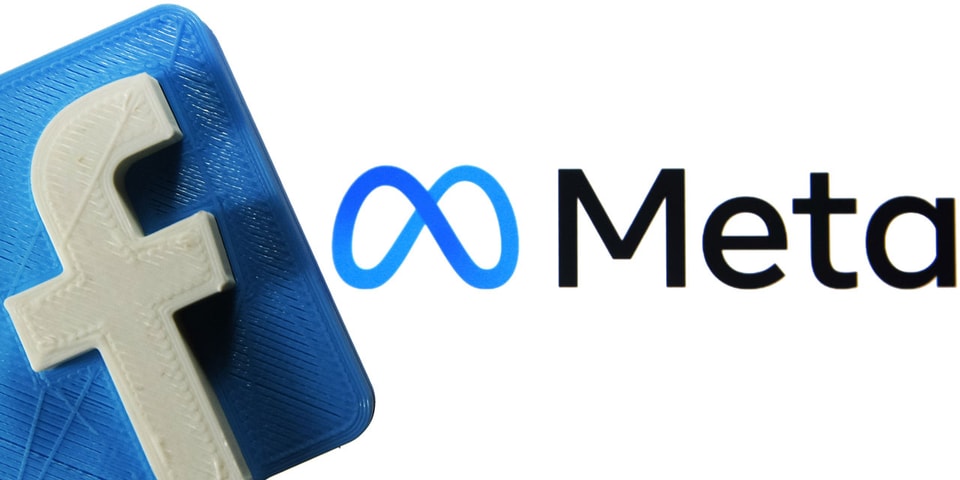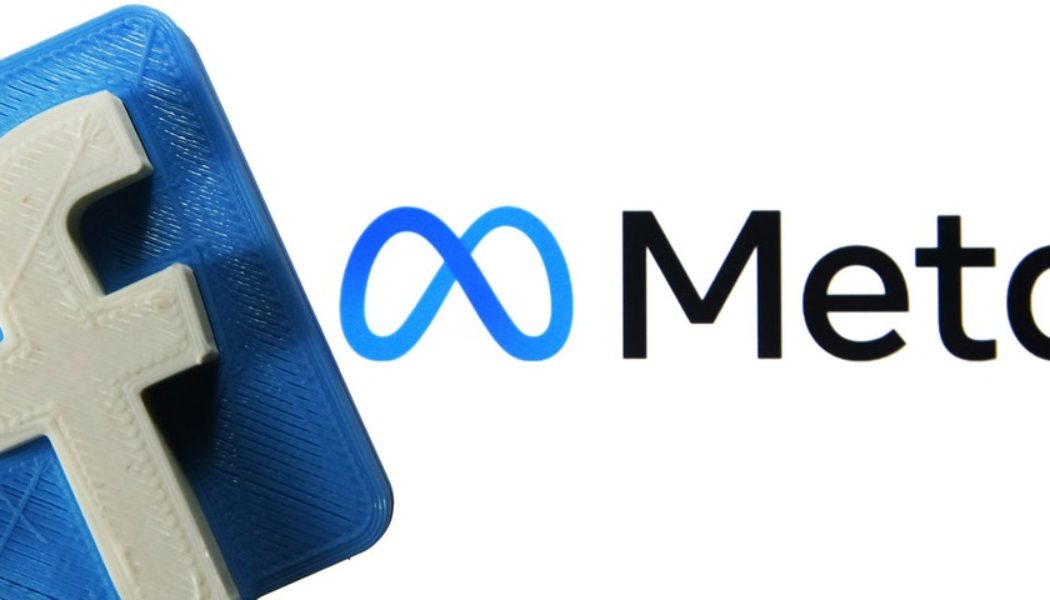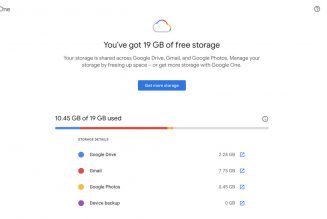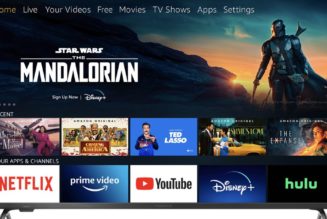
Facebook officially rebranded its company name as Meta last week, reflecting its new focus on building out the metaverse.
“We are at the beginning of the next chapter for the internet, and it’s the next chapter for our company too,” CEO Mark Zuckerberg wrote in a letter following the announcement, praising the company’s move forward while indirectly acknowledging recent setbacks, including major transparency concerns brought forward by former Facebook employees.
“The last five years have been humbling for me and our company in many ways,” Zuckerberg wrote. “We have built things that have brought people together in new ways. We’ve learned from struggling with difficult social issues and living under closed platforms. Now it is time to take everything we’ve learned and help build the next chapter.”
Facebook, the app, will now operate under Meta’s ecosystem of apps, which include Instagram, WhatsApp and Oculus. And for the company at large, distancing itself further from the Facebook app might be a good thing.
For starters, internal documents collected by whistleblower Frances Haugen indicate that the Facebook app is losing popularity among younger users, an issue it has allegedly been misleading investors about. According to Bloomberg, the documents show that young people are spending less time on the app, users across age groups are creating fewer posts and fewer teens are signing up — if at all.
Discussing third-quarter 2021 results, CEO Mark Zuckerberg said the company’s future plans include a complete overhaul to appeal to users under 30. “We are retooling our teams to make serving young adults their north star, rather than optimizing for the larger number of older people,” he said, adding that the shift will “take years, not months, to fully execute.”
But experts are skeptical that this strategy will have a positive impact on the company’s reputation.
“Facebook faces a real existential challenge of younger people looking at the brand as stale and not for them,” Andrew Jarrell, chief strategy officer at strategic communications firm Group Gordon, told HYPEBEAST. “It lacks the cool factor it once had.”
Facebook has also recently been plagued by accusations of prioritizing profits over user safety and has come under congressional fire in recent years for not doing enough to stop the spread of misinformation on its platform. Before that, there was the Cambridge Analytica scandal, which raised concerns about harvesting user data. Despite this, Facebook has reportedly decided to stop apologizing for its wrongdoings moving forward.
“Faced with a tsunami of evidence of irresponsible behavior and possible criminal violations, Facebook is desperate to change the subject,” Roger McNamee, an early investor in the Facebook and outspoken critic, told Recode last week in regards to the name change.
Laurel Sutton, co-founder of the branding agency Catchword, told Time that the decision is unlikely to change people’s perception, given the app’s checkered past. “There’s no name that’s going to rehabilitate the behavior that they’ve displayed so far,” she said.
Jarell explained that in order to make a meaningful impact on public perception, Facebook should instead invest in ironing out structural issues and addressing public concerns.
“Rebranding alone won’t fix Facebook’s perception challenge,” he said. “The company needs substantive and sustained changes in its policies and practices to move the needle in a significant way.”









